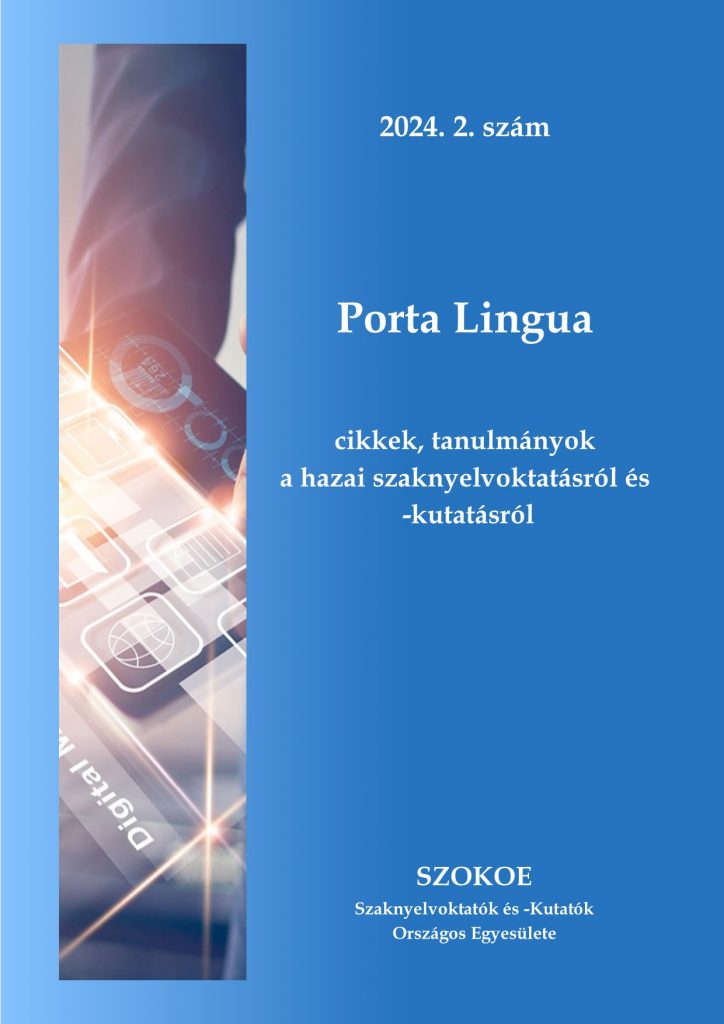Bánhegyi Mátyás – Nagy Judit – Fajt Balázs
Korean and Hungarian university students’ EFL Learning motivation and EFL anxiety in Hungarian tertiary education: A small-scale comparative analysis
![]()
Bánhegyi, M. – Nagy, J. – Fajt, B. (2024): Korean and Hungarian university students’ EFL Learning motivation and EFL anxiety in Hungarian tertiary education: A small-scale comparative analysis. Porta Lingua. 2024/2. 109 -122
DOI: https://doi.org/10.48040/PL.2024.2.9
Absztrakt
Teaching EFL to mixed nationality student groups in a motivating way can be a challenging task: learners not only have different cultural backgrounds but their L2 learning motivations may also differ. By presenting a case study, this paper examines the predictors of EFL learning motivation of mixed groups composed of Korean (n=83) and Hungarian (n=77) students studying at a higher educational institution in Hungary in the 2022/2023 academic year. For the research, primarily Dörnyei’s (2005) L2 Motivational Self System was used as an underlying theoretical background. Through the quantitative research paradigm and with the help of a questionnaire, both Korean and Hungarian EFL students’ EFL learning motivation was modelled by structural equation modelling (SEM). Based on the research data, predictors of EFL learning motivation were identified for the two student groups. The results show that Korean EFL learners’ motivated learning behaviour is predicted by the ideal L2 self and their language learning experience, whereas Hungarian EFL learners’ motivated learning behaviour is predicted by the ought-to L2 self in addition to the previously mentioned two factors affecting Korean EFL learners. The identified differences necessitate slightly different pedagogical approaches to in-class teaching in the case of the two student groups.
Keywords: EFL anxiety, EFL learning motivation, Hungarian EFL students, individual learner differences, Korean EFL students


 Porta Lingua 2024. 2. szám
Porta Lingua 2024. 2. szám